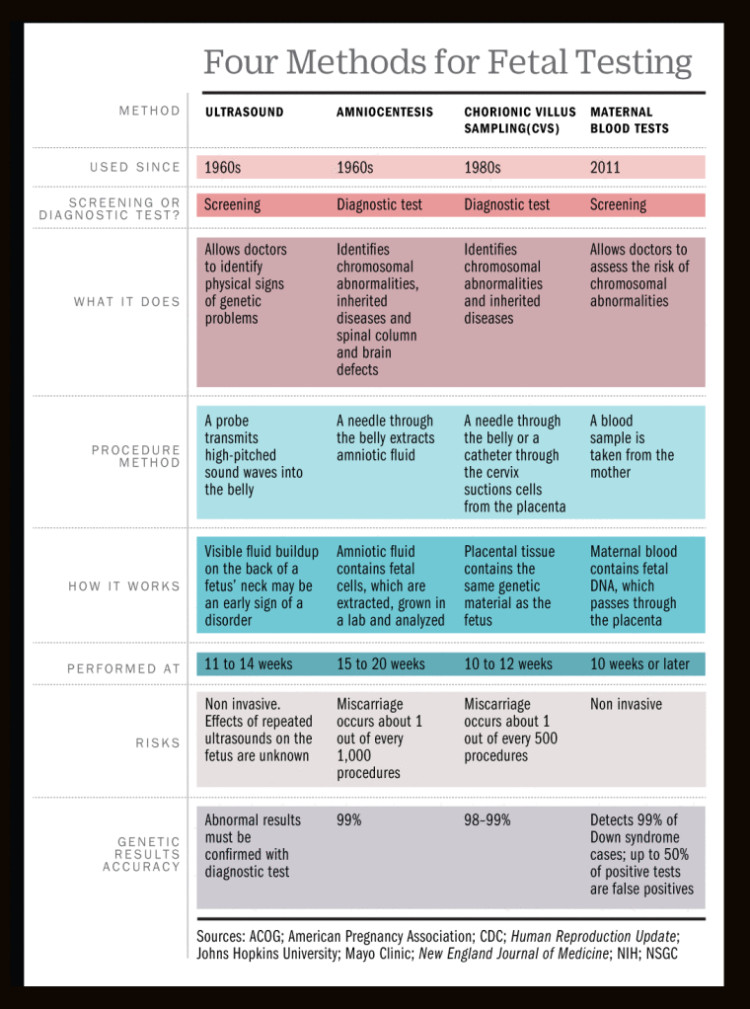
Tests That Should Be Done During Pregnancy
Pregnancy is a time of great joy and anticipation, but it can also be a time of uncertainty and anxiety. One of the best ways to ensure a healthy pregnancy is to get regular prenatal care, which includes a variety of tests to monitor your health and the health of your baby.
First Trimester Tests
The first trimester of pregnancy begins at the moment of conception and ends at week 12. During this time, your body undergoes a number of changes to accommodate the growing fetus. Your doctor will recommend a variety of tests to ensure that everything is progressing as it should.
- Blood tests: These tests can check your blood type, Rh factor, and hemoglobin levels. They can also screen for infections such as HIV, syphilis, and hepatitis B.
- Urine tests: These tests can check for protein, glucose, and ketones in your urine. They can also screen for urinary tract infections.
- Ultrasound: This test uses sound waves to create images of your uterus and baby. It can be used to confirm pregnancy, determine the baby’s gestational age, and check for any abnormalities.
- Nuchal translucency screening: This test is a type of ultrasound that measures the thickness of the fluid-filled space at the back of the baby’s neck. It can be used to screen for Down syndrome and other chromosomal abnormalities.
- Chorionic villus sampling (CVS): This test involves taking a small sample of tissue from the placenta. It can be used to diagnose genetic disorders such as Down syndrome and cystic fibrosis.
- Amniocentesis: This test involves taking a sample of amniotic fluid from the sac surrounding the baby. It can be used to diagnose genetic disorders such as Down syndrome and spina bifida.
Second Trimester Tests
The second trimester of pregnancy begins at week 13 and ends at week 27. During this time, your baby grows rapidly and begins to develop important organs and systems. Your doctor will continue to recommend regular prenatal care, including a variety of tests to monitor your health and the health of your baby.
- Blood tests: These tests can check your blood sugar levels, iron levels, and platelet count. They can also screen for gestational diabetes and preeclampsia.
- Urine tests: These tests can check for protein, glucose, and ketones in your urine. They can also screen for urinary tract infections.
- Ultrasound: This test can be used to check the baby’s growth and development, as well as to look for any abnormalities.
- Glucose tolerance test: This test is used to screen for gestational diabetes. It involves drinking a sugary drink and then having your blood sugar levels checked at regular intervals.
- Quad screen: This test is a type of blood test that screens for Down syndrome, trisomy 18, and neural tube defects.
Third Trimester Tests
The third trimester of pregnancy begins at week 28 and ends at week 40. During this time, your baby continues to grow and mature. Your doctor will continue to recommend regular prenatal care, including a variety of tests to monitor your health and the health of your baby.
- Blood tests: These tests can check your blood pressure, blood sugar levels, and platelet count. They can also screen for preeclampsia and anemia.
- Urine tests: These tests can check for protein, glucose, and ketones in your urine. They can also screen for urinary tract infections.
- Ultrasound: This test can be used to check the baby’s growth and development, as well as to look for any abnormalities.
- Non-stress test: This test is used to monitor the baby’s heart rate and movement. It can be used to assess the baby’s well-being and to identify any potential problems.
- Biophysical profile: This test is a combination of an ultrasound and a non-stress test. It is used to assess the baby’s overall well-being.
Other Tests
In addition to the routine tests listed above, your doctor may recommend other tests based on your individual risk factors and medical history. These tests may include:
- Cervical length measurement: This test is used to screen for preterm labor. It involves measuring the length of the cervix using an ultrasound.
- Group B streptococcus (GBS) test: This test is used to screen for GBS, a bacteria that can cause infections in newborns. It involves taking a swab from the vagina and rectum.
- HIV test: This test is used to screen for HIV, the virus that causes AIDS. It involves taking a blood sample.
- Hepatitis B test: This test is used to screen for hepatitis B, a virus that can cause liver damage. It involves taking a blood sample.
Importance of Prenatal Testing
Prenatal testing is an important part of prenatal care. These tests can help to identify and manage potential problems, and they can provide peace of mind for expectant parents. If you are pregnant, it is important to follow your doctor’s recommendations for prenatal testing.